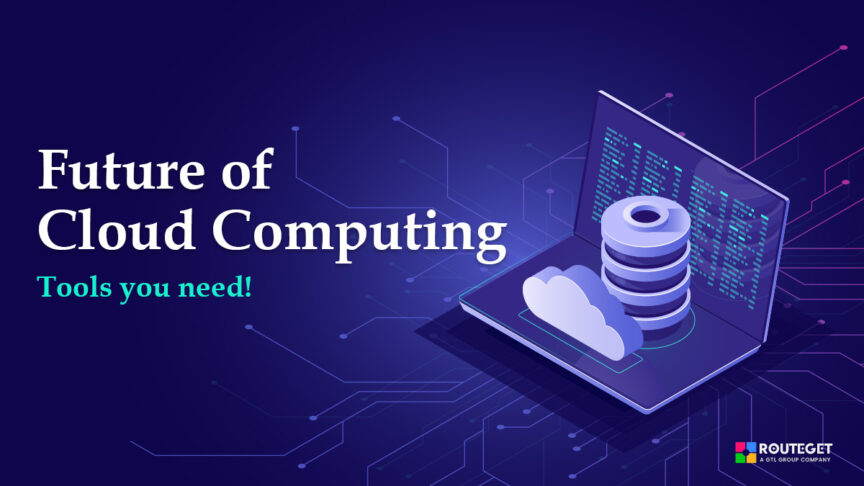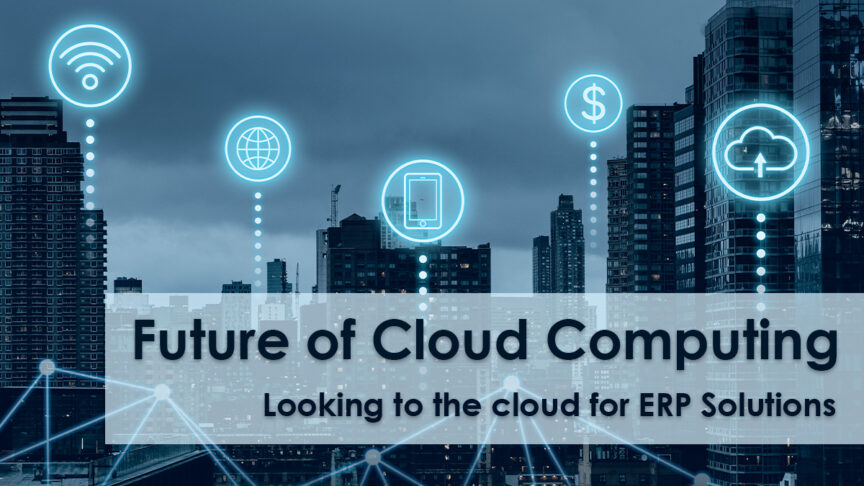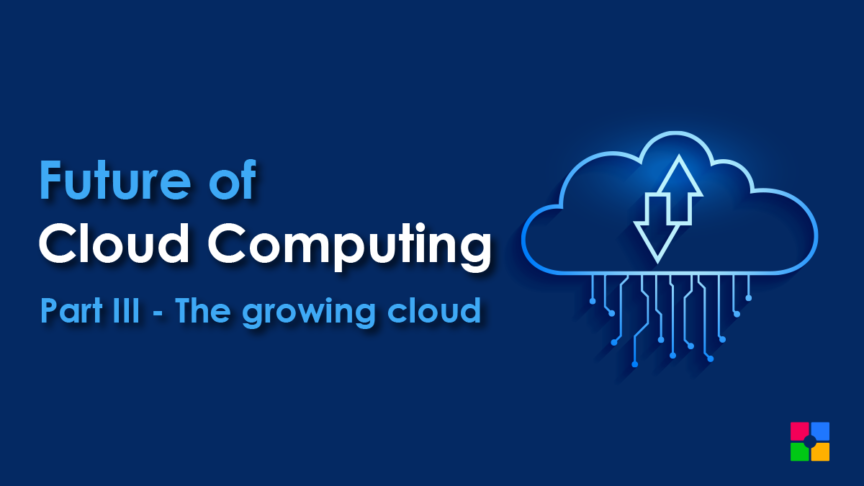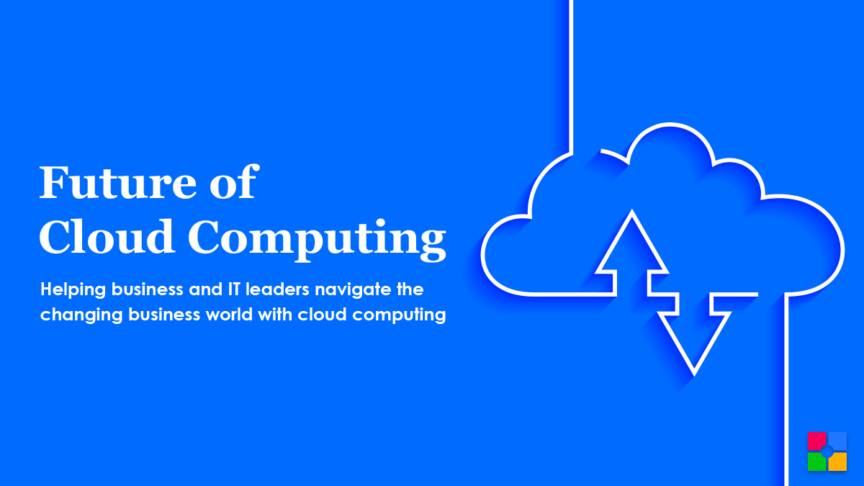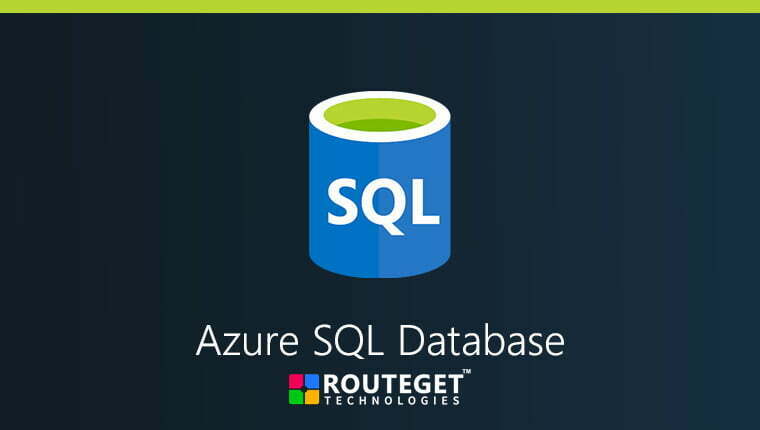Data Lexicon in Artificial Intelligence and Cloud Service Agreements
In the realm of contractual commitments pertaining to Artificial Intelligence (AI) and Cloud Services, a lexicon of data-related terms assumes paramount significance. These distinctive terms function as the bedrock upon which intricate legal covenants are erected, serving as the glue that binds providers and consumers in the ethereal domain of data management. Datum Nomenclature Within…
